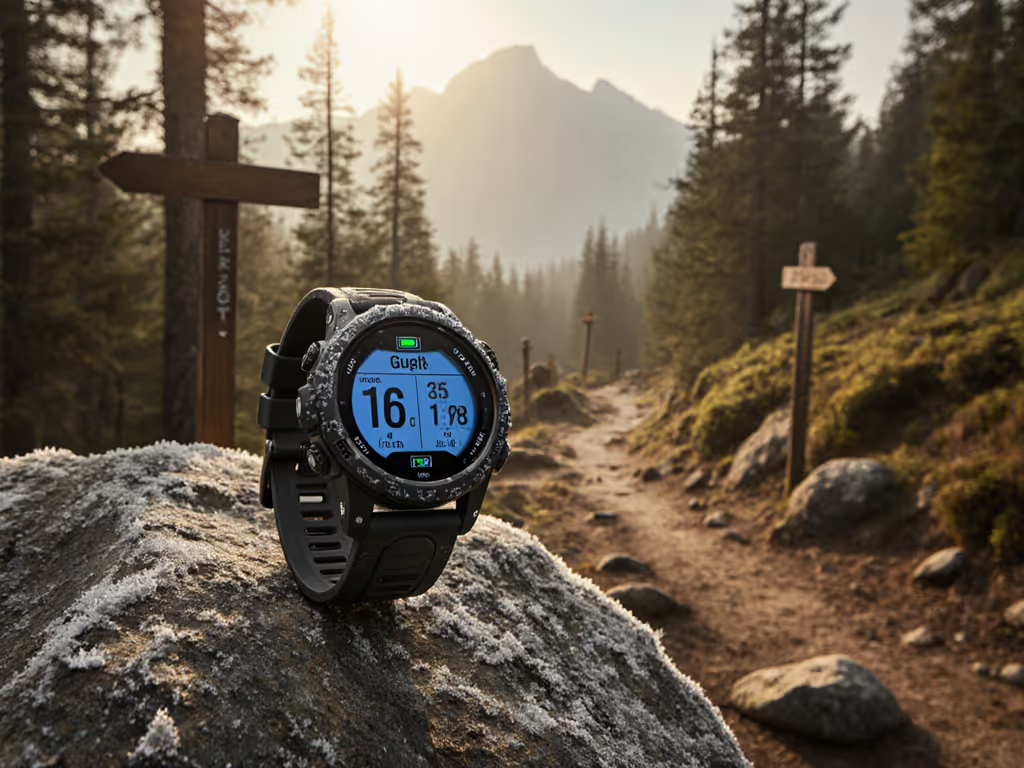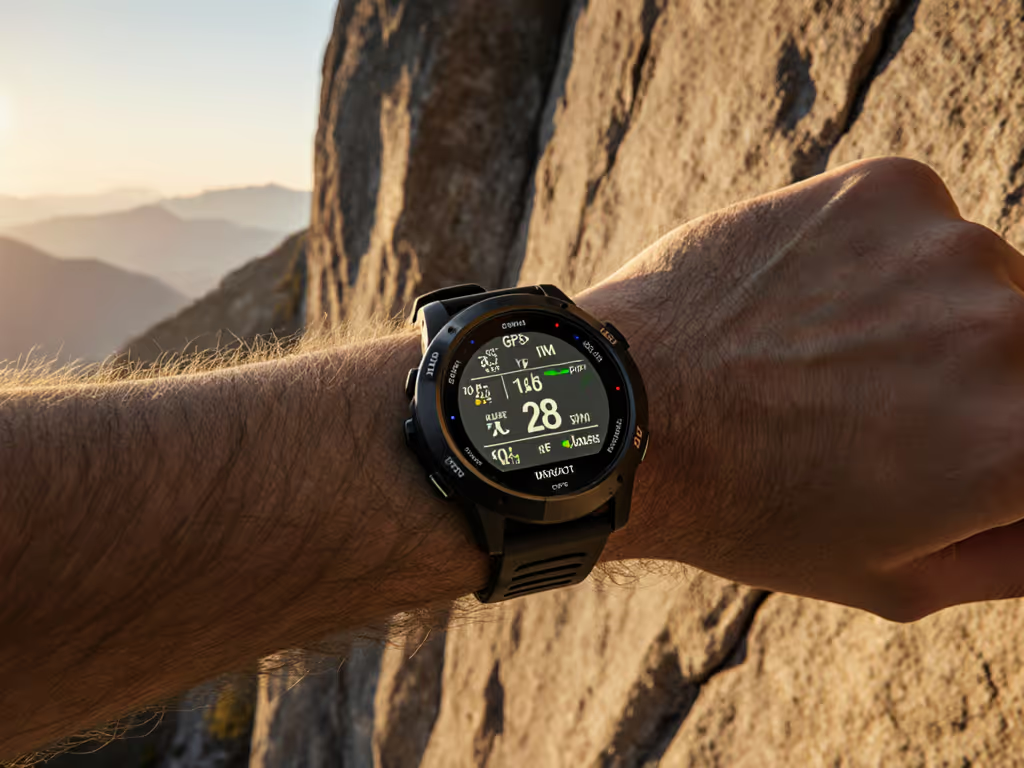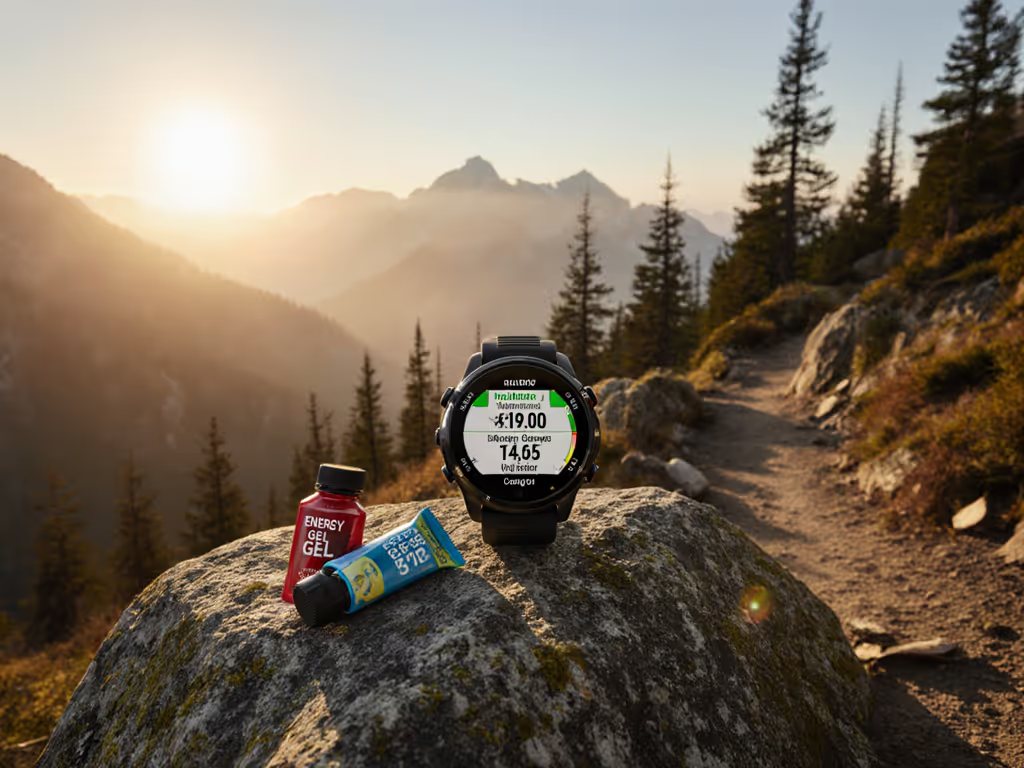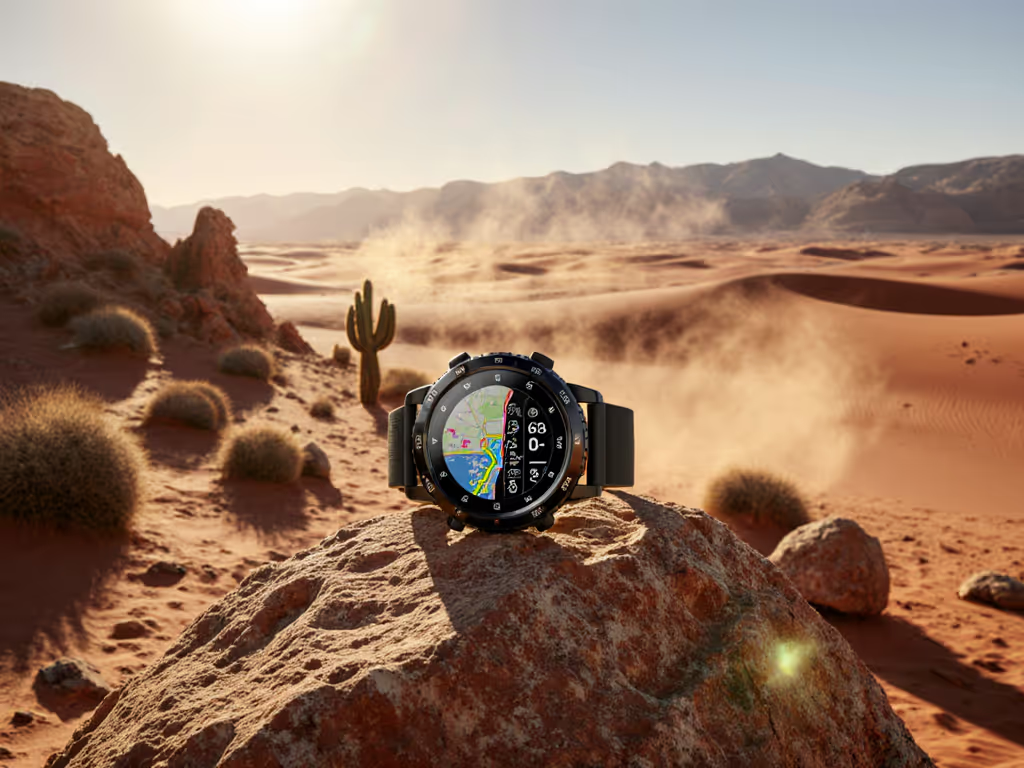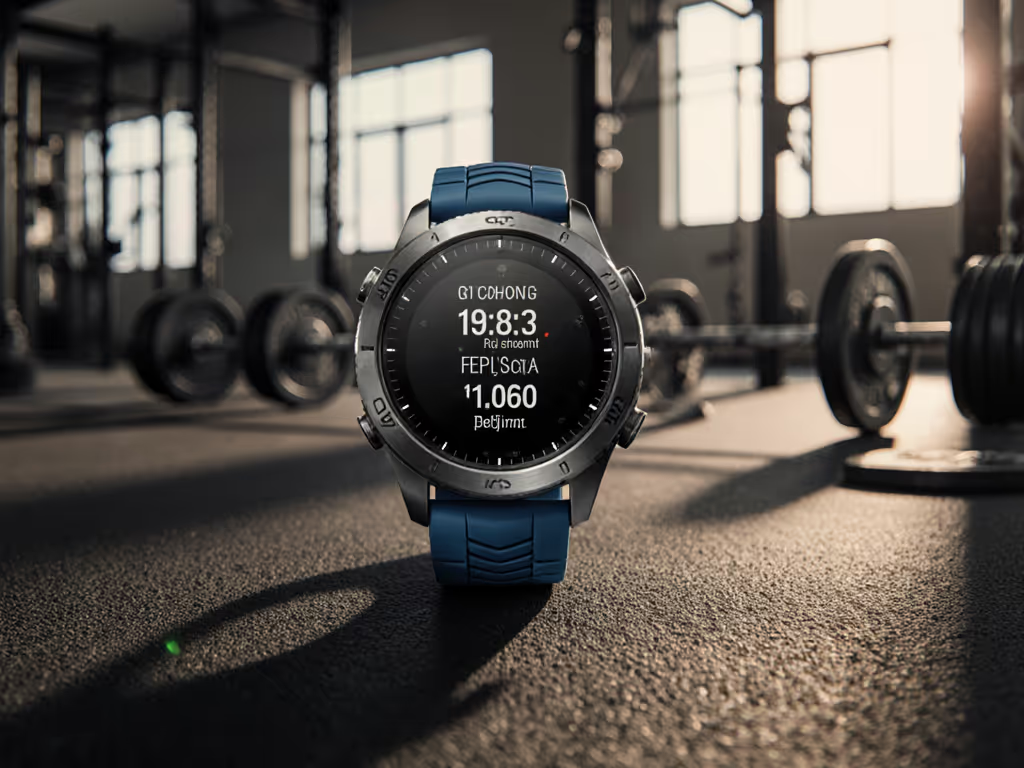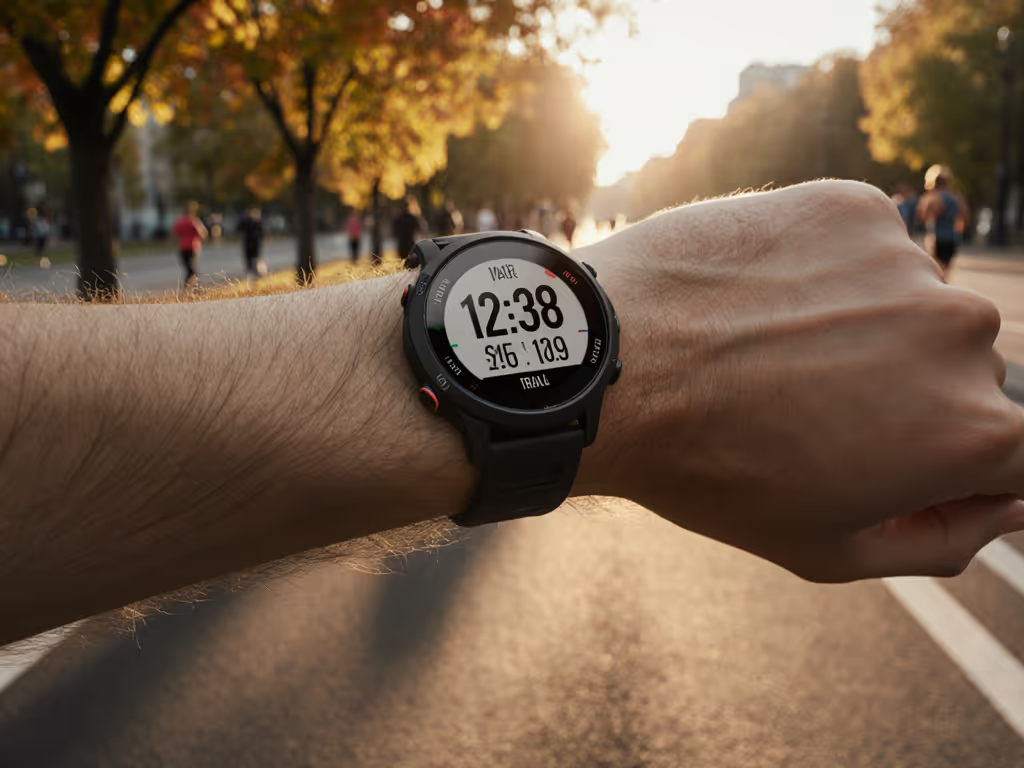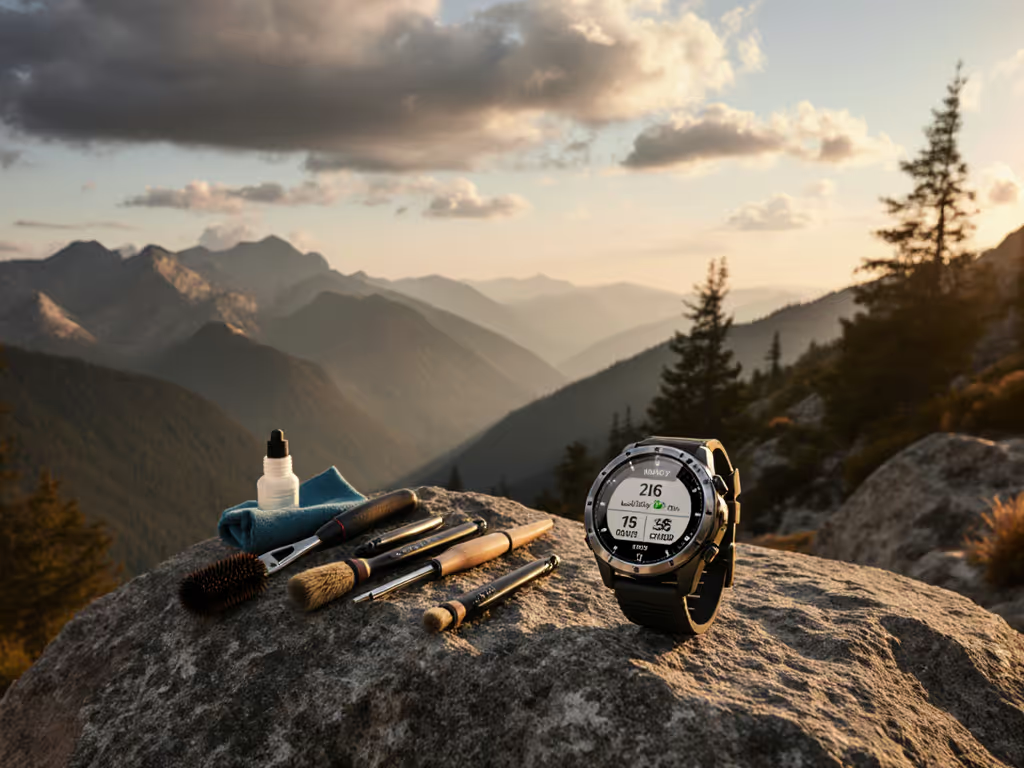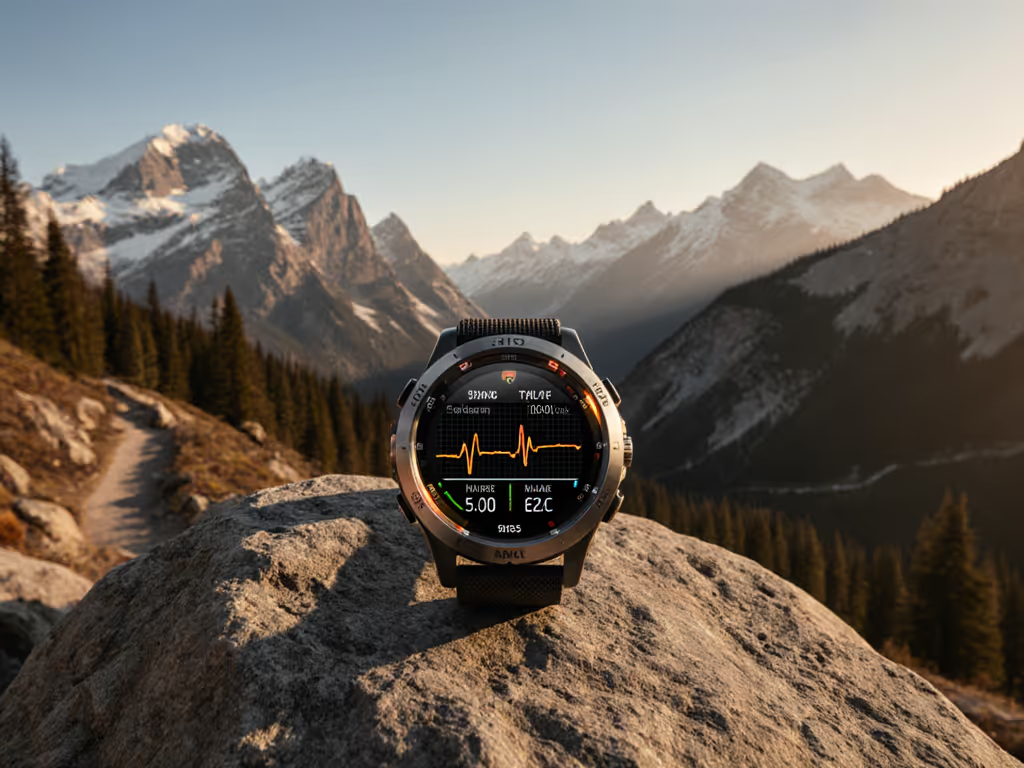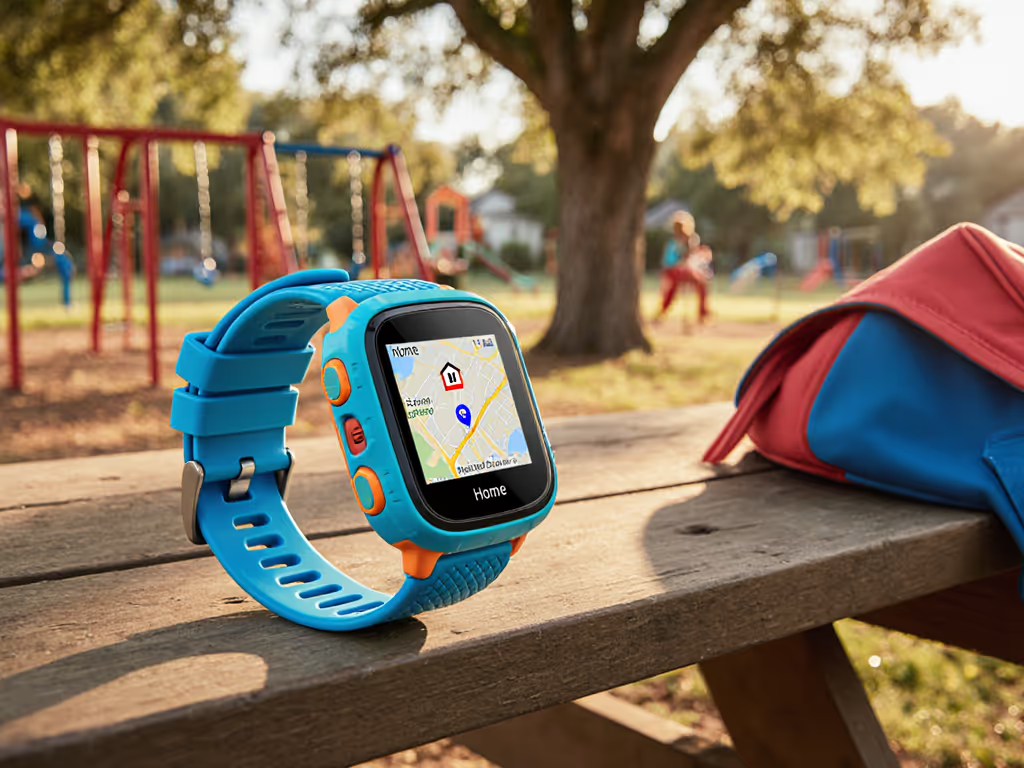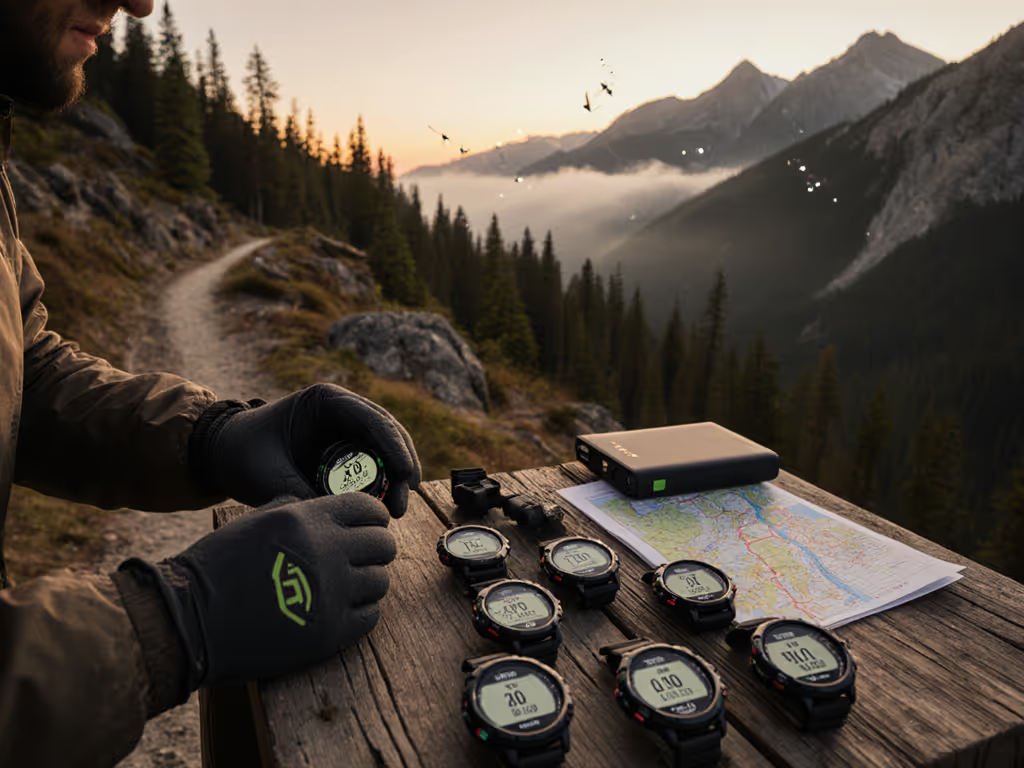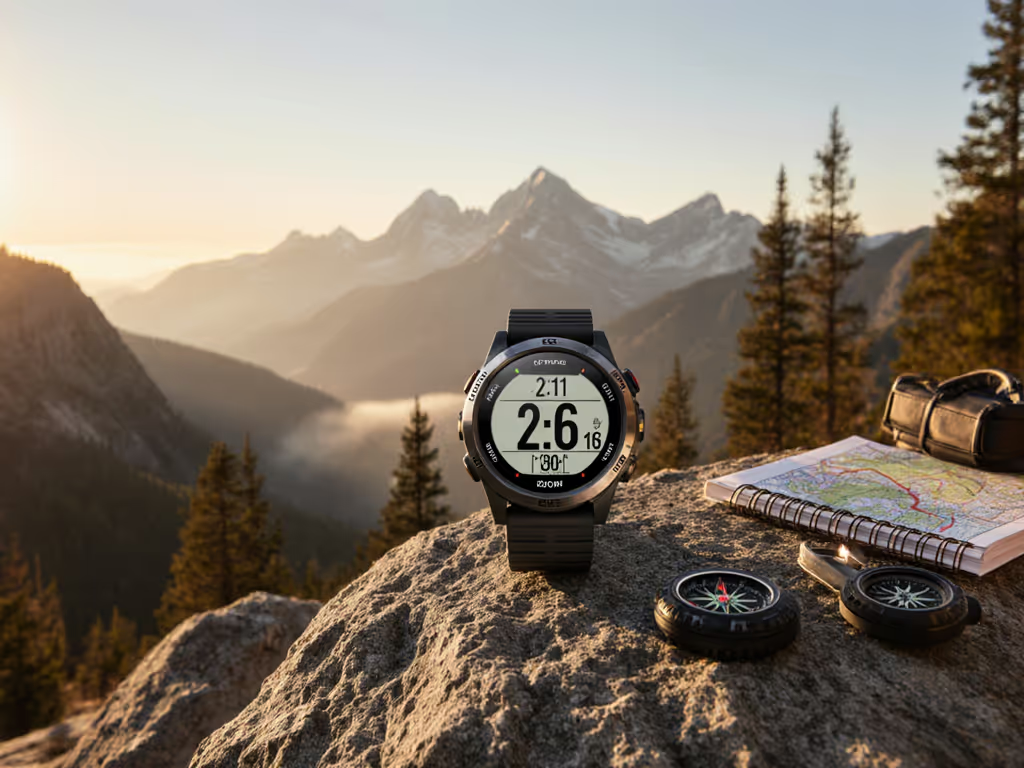
Most Popular
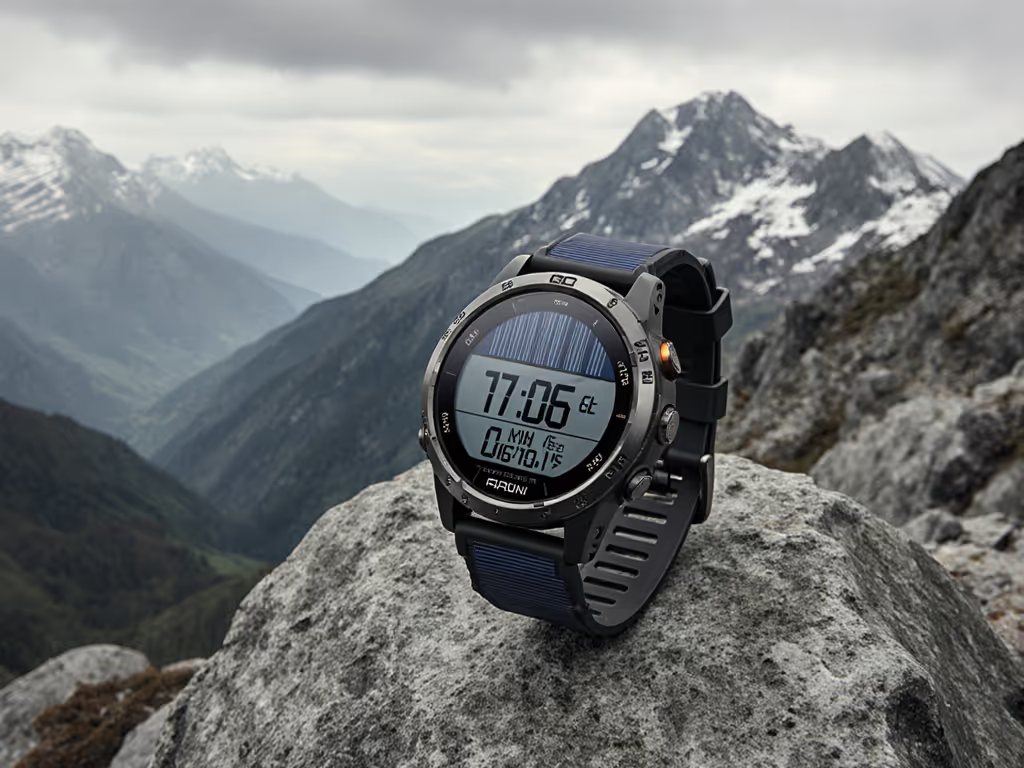
Solar GPS Watch: Lasting Power, Sustained Trails
Solar power only matters if the watch can be operated blind with gloves in cold, low-visibility conditions. Use a field-tested checklist - tactile buttons, cold survivability, realistic solar gains, and repairability - to turn battery life into fast, reliable navigation when it counts.
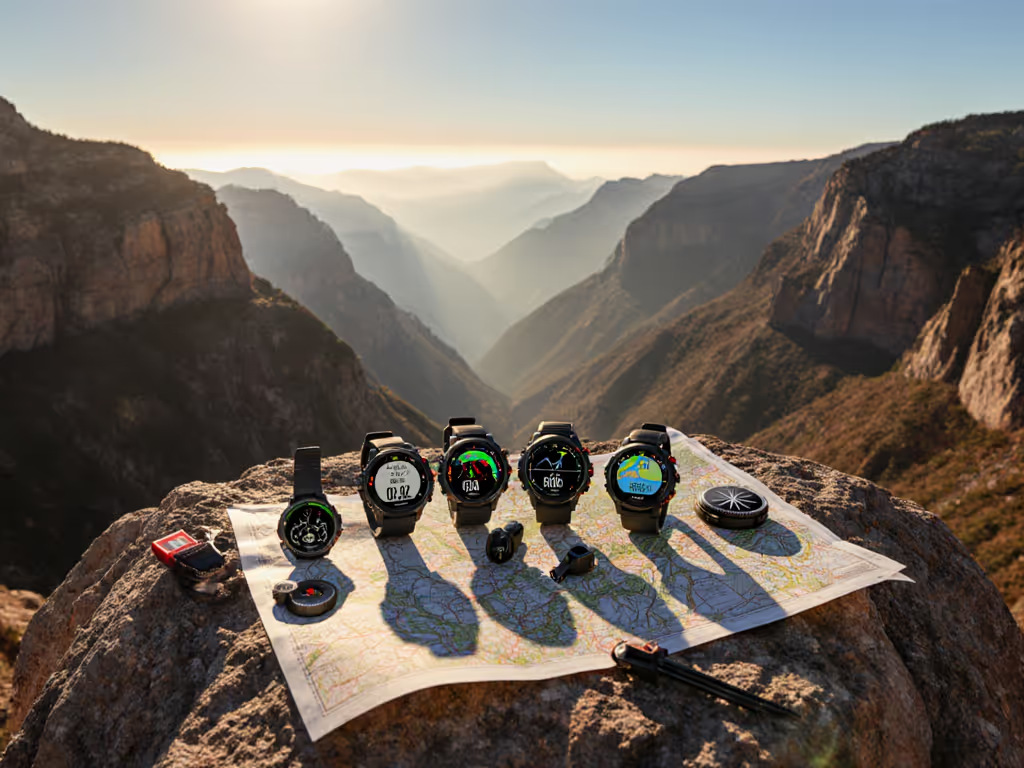
Top GPS Running Watch Ecosystems Analyzed
Choose a GPS watch ecosystem that remains reliable under stress by prioritizing offline-first navigation, true data portability, and sensor interoperability. Get field-tested checklists, failure-mode audits, and role-based tactics to harden workflows for runners, guides, and teams.
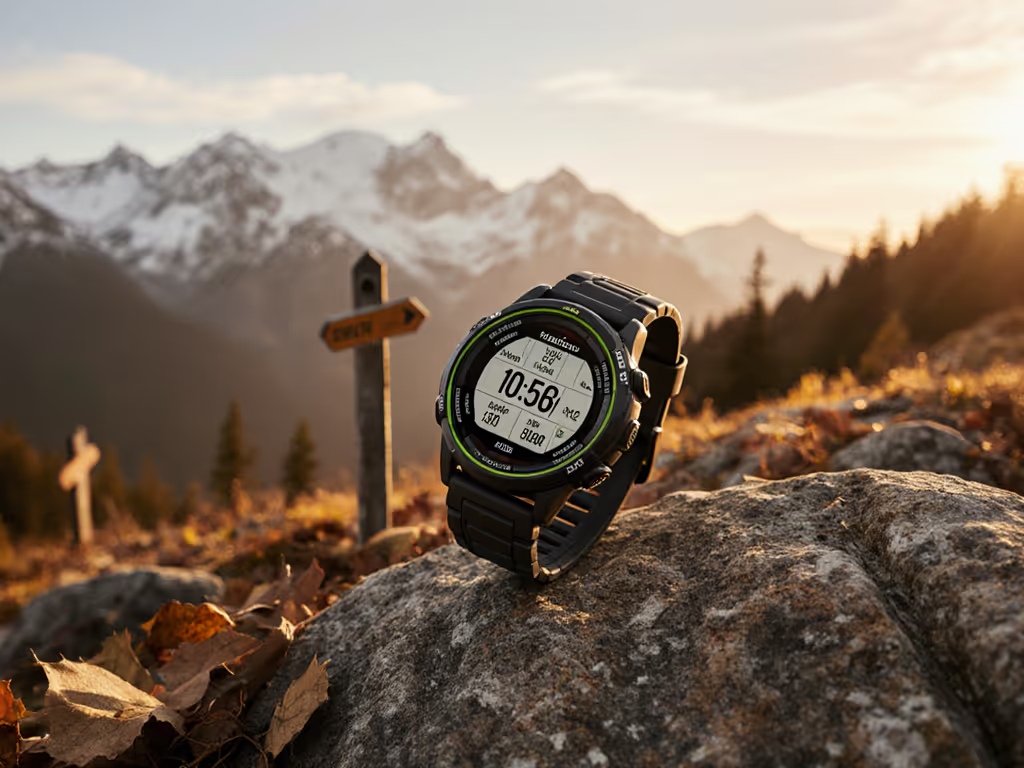
Best Budget GPS Watch: Premium Features, Proven Battery Life
Choose a budget GPS watch that won’t quit in the cold with field-tested recommendations, real battery benchmarks, and a cost-per-hour metric. Configure proven settings for maximum runtime and reliable navigation when conditions turn.
